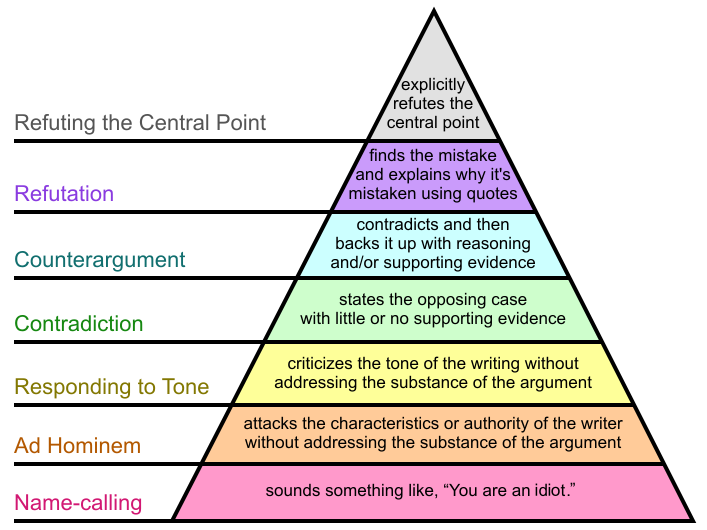Saturday, June 20, 2020 5:51:51 PM
The erosion of JPS share price could be the straw that breaks the back of any settlement with litigants who want something as near to par as they can negotiate to effect a conversion to common.
This doesn't make sense to me. Citi's conversion offer is the blueprint, and its formula did not take the market price of the prefs into account at all. Instead the three inputs were the face value of the juniors, a haircut percentage (5% for the higher-div series, 15% for the lower ones), and the market price of the common leading up to the conversion offer.
As such, the current market price of the JPS might not matter at all. Yesterday's drop didn't bother me at all, in fact I celebrated it because I get to accumulate more cheaply.
Some litigating JPS shareholders have indicated they expext to take some haircut vs. par. But I doubt they would accept any deal where 1 $25 JPS gets 1 to 2 shares of common because they then get hammered by the same dilution as commons in the IPO phase.
The converted juniors were always going to be diluted by the re-IPO, just as the current commons and Treasury's warrants are. The point is to give the juniors a good enough deal that they make more by converting than holding their shares even after the dilution is taken into account. Since this instantly adds $33B to CET1 capital, FHFA has every incentive to make this offer in the name of safety and soundness.
This tweet shows an example of the math involved in one conversion scenario.
I am increasingly thinking that NO recap plan can go forward until Treasury declares its intentions on warrants and senior shares. No IPO of any amount can be sold or even priced without both Treasury's posture being known and the lawsuits being settled.
I absolutely agree with the first statement, and mostly agree with the second. Where I disagree is the Washington Federal lawsuit: the plaintiffs are only shareholders of record as of September 5 2008 (most of which have since sold), and any damages would only come from Treasury. FnF themselves aren't even involved.
I do think all the other cases will need to be settled before FnF can raise capital.
Panther Minerals Inc. Launches Investor Connect AI Chatbot for Enhanced Investor Engagement and Lead Generation • PURR • Jul 9, 2024 9:00 AM
Glidelogic Corp. Becomes TikTok Shop Partner, Opening a New Chapter in E-commerce Services • GDLG • Jul 5, 2024 7:09 AM
Freedom Holdings Corporate Update; Announces Management Has Signed Letter of Intent • FHLD • Jul 3, 2024 9:00 AM
EWRC's 21 Moves Gaming Studios Moves to SONY Pictures Studios and Green Lights Development of a Third Upcoming Game • EWRC • Jul 2, 2024 8:00 AM
BNCM and DELEX Healthcare Group Announce Strategic Merger to Drive Expansion and Growth • BNCM • Jul 2, 2024 7:19 AM
NUBURU Announces Upcoming TV Interview Featuring CEO Brian Knaley on Fox Business, Bloomberg TV, and Newsmax TV as Sponsored Programming • BURU • Jul 1, 2024 1:57 PM










